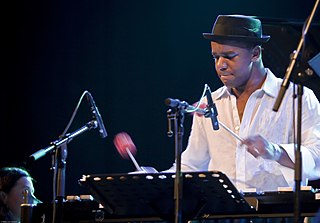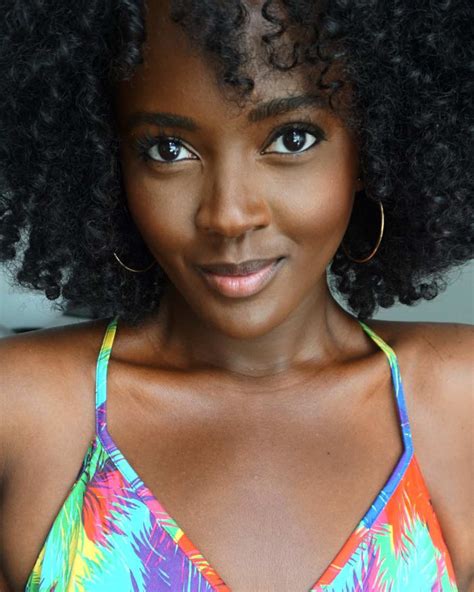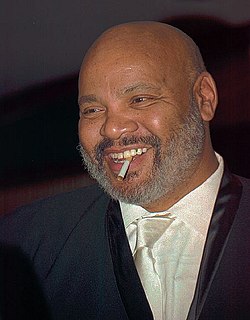A Quote by Grace Lee Boggs
I think people look at revolution too much in terms of power. I think revolution has to be seen more anthropologically, in terms of transitions from one mode of life to another.
Related Quotes
I think people look at revolution too much in terms of power. I think revolution has to be seen more anthropologically, in terms of transitions from one mode of life to another. We have to see today in light of the transition, say, from hunting and gathering to agriculture, and from agriculture to industry, and from industry to post-industry. We're in an epoch transition.
When you think of power, you think the state has power. When you look at it in terms of revolution, in terms of the state, you think of it in terms of Russia, the Soviet Union, and how those who struggled for power actually became victims of the state, prisoners of the state, and how that led to the dissolution of the Soviet Union. We have to think of revolution much more in terms of transitions from one epoch to another. Talk about Paleolithic and Neolithic.
When you think of power, you think the state has power. When you look at it in terms of revolution, in terms of the state, you think of it in terms of Russia, the Soviet Union, and how those who struggled for power actually became victims of the state, prisoners of the state, and how that led to the dissolution of the Soviet Union. We have to think of revolution much more in terms of transitions from one epoch to another.
I think that most people don't think in terms of an American revolution, they think in terms of a Russian revolution, or even a Ukrainian revolution. But the idea of an American revolution does not occur to most people. And when I came down to the movement milieu seventy-five years ago, the black movement was just starting, and the war in Europe had brought into being the "Double V for Victory" [campaign]: the idea was that we ought to win democracy abroad with democracy at home. And that was the beginning of an American revolution, and most people don't recognize that.
A revolution is bloody. Revolution is hostile. Revolution knows no compromise. Revolution overturns and destroys everything that gets in its way. And you, sitting around here like a knot on the wall, saying, “I’m going to love these folks no matter how much they hate me.” No, you need a revolution. Whoever heard of a revolution where they lock arms, as Reverend Cleage was pointing out beautifully, singing “We Shall Overcome”? Just tell me. You don’t do that in a revolution. You don’t do any singing; you’re too busy swinging.
The white man knows what a revolution is. He knows that the Black Revolution is worldwide in scope and in nature. The Black Revolution is sweeping Asia, is sweeping Africa, is rearing its head in Latin America. The Cuban Revolution - that's a revolution. They overturned the system. Revolution is in Asia, revolution is in Africa, and the white man is screaming because he sees revolution in Latin America. How do you think he'll react to you when you learn what a real revolution is?
I consider myself a logical person and, you know, a lot of people try to categorize me in one way or another. You know, there are some of the things that I say that probably would be considered very much non-conservative. But I don't think really conservative or liberal; I think: What makes sense? What's going to help the American people? What's going to give them what they need? Not only in health care but in terms of jobs, in terms of education, in terms of a whole host of issues.





























